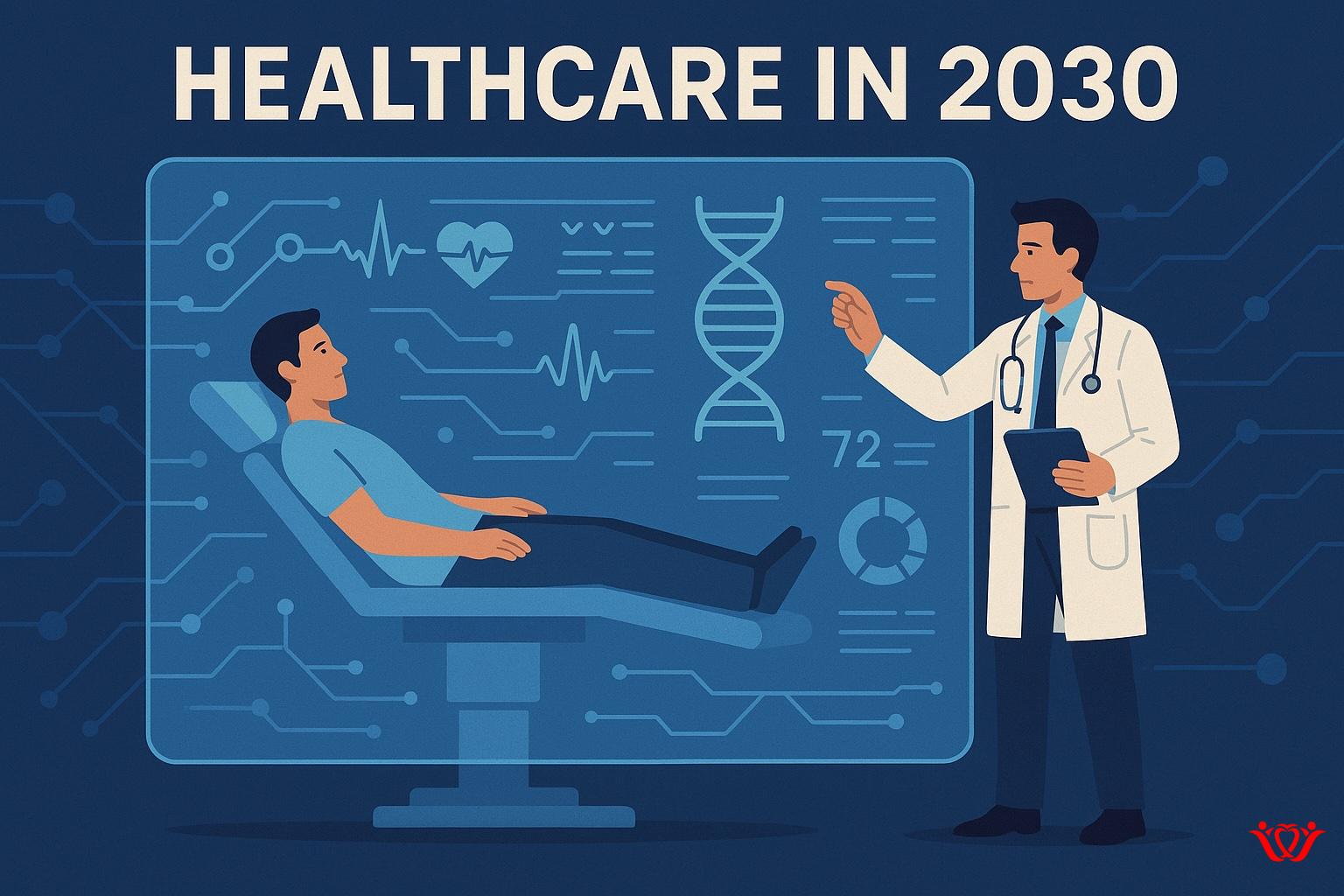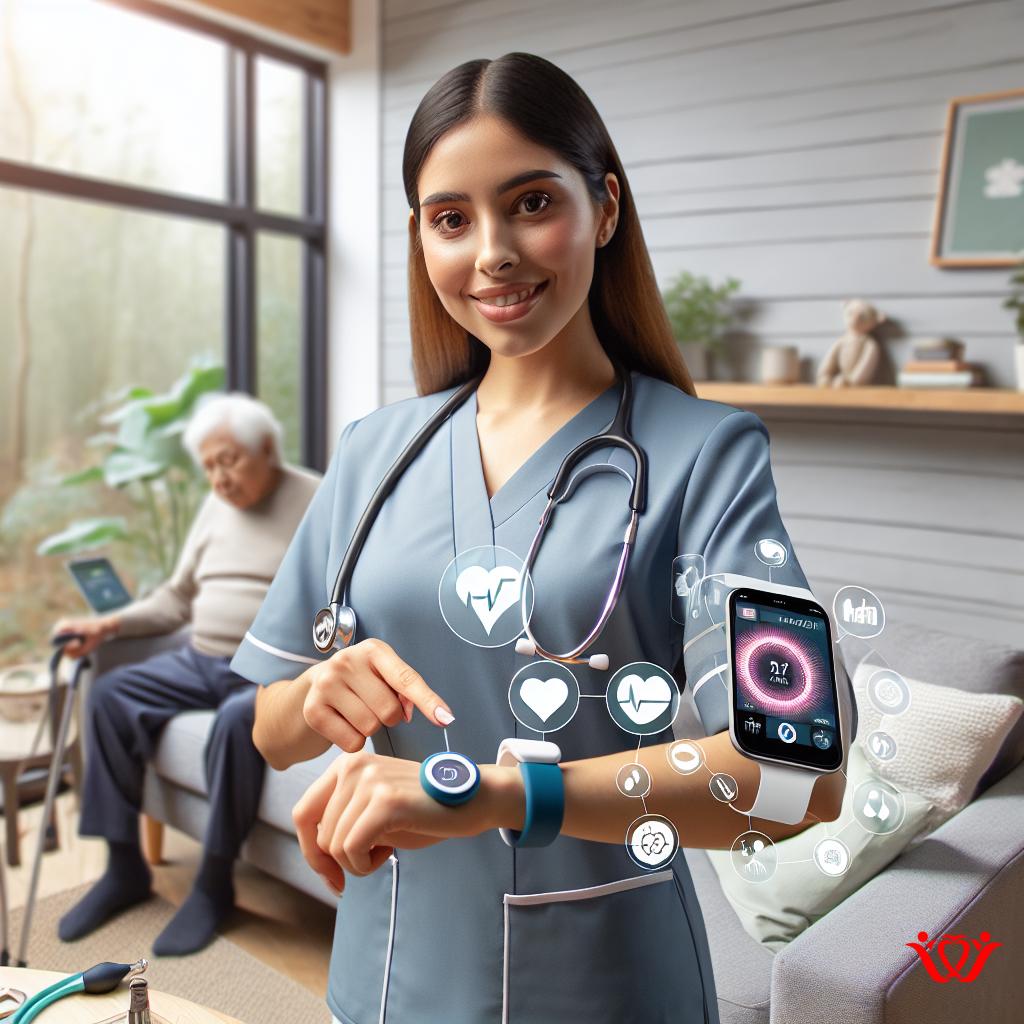
Introduction to Home Health Care Transformation
Home health care has gone through a remarkable transformation over the decades. As we look toward 2030, predicting how this sector will evolve is both intriguing and essential for stakeholders, including patients, caregivers, and healthcare providers. This article delves into the expected advancements and changes in home health care by the next decade.
Technological Advancements Shaping Home Health Care
1. Telehealth Becomes the Norm
Telehealth is anticipated to be a standard practice by 2030, allowing patients to consult with healthcare professionals without leaving their homes. Advances in video conferencing technology and remote monitoring devices will facilitate this shift. Patients will benefit from:
- Increased accessibility to specialists.
- Reduced travel time and costs.
- Continuous real-time monitoring of health parameters.
2. Artificial Intelligence in Personalized Care
AI is set to revolutionize personalized care by analyzing patient data to provide tailored health solutions. These systems will predict potential health issues and suggest preventive measures, thereby improving outcomes and reducing hospital visits.
Shifts in Care Delivery Models
1. Integrated Health Care Systems
The integration of various healthcare services into a unified system will streamline patient management. Expect a collaboration between hospitals, home care providers, and technology suppliers to ensure comprehensive care. This approach will likely include:
- Seamless data sharing across platforms.
- Coordinated treatment plans.
- Enhanced patient experience.
2. Rise of Skilled Home Care Workforce
As the demand for home health care grows, there will be a significant increase in the skilled workforce. Training programs will evolve to equip caregivers with the necessary skills to manage advanced home healthcare technologies and provide quality care.
Challenges and Considerations
1. Data Privacy Concerns
With the digitization of health records and increased online interactions, ensuring the security and privacy of patient data will be paramount. New regulations and advanced cybersecurity measures will be required to safeguard sensitive information.
2. Accessibility and Affordability
As home health care becomes more technologically advanced, ensuring it remains accessible and affordable for all demographics will be a significant challenge. Policymakers and healthcare providers will need to work together to bridge the gap between innovation and inclusivity.
Conclusion: A Future of Home Health Care
By 2030, home health care is expected to be more dynamic and integrated, with technology playing a pivotal role in enhancing patient care. Stakeholders will need to adapt to these changes to ensure efficient and effective healthcare delivery from the comfort of one’s home.
For further reading on the future of healthcare technology, visit Healthcare IT News.









0 Comments